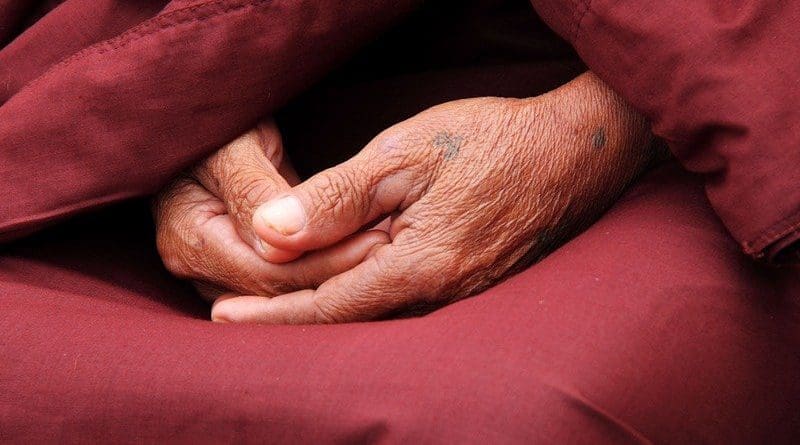Russia: Buddhism Becoming ‘a Protest Religion’ And Kremlin Is Worried – OpEd
By Paul Goble
The forcing out of the leader of the Buddhist community of Kalmykia had more to do with Moscow’s wanting to show deference to Beijing by getting rid of someone closely linked to the Dalai Lama and the cause of the restoration of the independence of Tibet than his criticism of Putin’s war in Ukraine (windowoneurasia2.blogspot.com/2023/01/kalmyk-buddhist-leaders-ouster-as-much.html; cf. windowoneurasia2.blogspot.com/2015/10/to-curry-favor-with-china-moscow.html).
But two Russian supporters of Buddhism say that there is more at work. Journalist Aleksandr Plyushchov says that “right before our eyes, Buddhism is becoming a protest religion in Russia” (echofm.online/opinions/vnezapnaya-forma-protesta). And commentator Stanislav Kucher, himself a Buddhist, says that the Kremlin fears Buddhist ideas and may seek to ban it (kasparov.ru/material.php?id=63D7D5F619B5F).
Such a prediction may seem “rash,” Kucher continues, especially to those who think that Buddhists are quietist and passive. But in fact the basic principles of Buddhism are about questioning all authority, something anathema in Putin’s Russia, and can become the basis for radical even militant action as happened in Mongolia during the Russian Civil War.
Because Buddhists have these ideas and because there is evidence that Buddhism is not only intensifying among historically Buddhist peoples but spreading to Russians and becoming a source of radicalism, Moscow has good reason for fearing them, especially because the Russian state is in fact virtually powerless against radicalized Buddhists.
(For background on this faith in Russia that has seldom received much attention and that is having unexpected impact on people there, see among others, windowoneurasia2.blogspot.com/2018/04/even-buddhists-are-becoming-restive-in.html,windowoneurasia2.blogspot.com/2016/09/buddhism-spreading-in-russia-despite.html,windowoneurasia2.blogspot.com/2013/02/window-on-eurasia-many-russians.html,windowoneurasia2.blogspot.com/2021/06/tyvans-say-buddhism-and-shamanism.htmland windowoneurasia2.blogspot.com/2015/06/militant-buddhism-and-shamanism-could.html).

